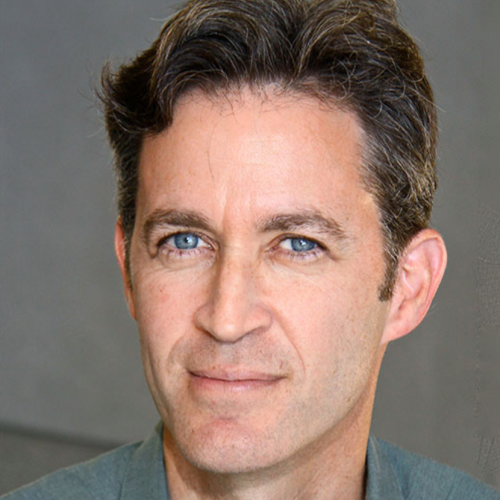Speakers' biographies: special interventions
Special interventions

Amal Clooney

Ms Clooney is a barrister who specializes in international law and human rights. She represents victims of human rights violations in national and international courts and has appeared in cases before the International Court of Justice, the International Criminal Court and the European Court of Human Rights.
Ms Clooney has helped to secure freedom for political prisoners around the world including journalists. In 2020 she received the Gwen Ifill Award from the Committee to Protect Journalists for ‘extraordinary and sustained achievement in the cause of press freedom’. She has been appointed the UK’s special envoy on media freedom and to the High Level Panel on media freedom chaired by former UK Supreme Court President Lord Neuberger. She has successfully defended imprisoned journalists in Myanmar, Azerbaijan and Egypt, and she currently represents award-winning Filipino journalist Maria Ressa who faces a lifetime behind bars for her work in the Philippines.
Ms Clooney is the author of The Right to a Fair Trial in International Law published by Oxford University Press in 2020. She is a visiting Professor at Columbia Law School and co-founder of the Clooney Foundation for Justice.

David Kaye

David Kaye is a clinical professor of law at the University of California, Irvine, and the former United Nations Special Rapporteur on the promotion and protection of the right to freedom of opinion and expression (2014-2020). His 2019 book, Speech Police: The Global Struggle to Govern the Internet (Columbia Global Reports), explores the ways in which companies, governments and activists struggle to define the rules for online expression.
Appointed by the UN Human Rights Council in June 2014, David served through July 2020 as the global body’s principal monitor for freedom of expression issues worldwide. He reported to the UN on COVID-19 and freedom of expression and, in 2019, to the UN General Assembly on online hate speech. His earlier reporting addressed, among other topics, the ways in which Artificial Intelligence technologies implicate human rights issues, the global private surveillance industry and its impact on freedom of expression, growing repression of freedom of expression globally, encryption and anonymity as promoters of freedom of expression, the protection of whistleblowers and journalistic sources, the roles and responsibilities of private Internet companies, and the regulation of online content by social media and search companies. He conducted official missions to Japan, Tajikistan, Turkey, Mexico, Liberia, Ecuador and Ethiopia, and regularly addressed major policy and academic conferences dealing with free expression, technology and media freedom worldwide. Together with the regional monitors of freedom of expression in Europe (OSCE), the African Commission on Human and People’s Rights, and the Inter-American Commission on Human Rights, he joined six Joint Declarations on major contemporary challenges for free expression and independent media worldwide.
After doing his undergraduate and graduate work at the University of California, Berkeley, he joined the U.S. State Department as a lawyer in 1995. In 2002, while the principal lawyer for international humanitarian law at the State Department, he was an advocate inside government for application of the Geneva Conventions to detainees captured by U.S. forces in Afghanistan, which the United States had invaded in the wake of the attacks of September 11, 2001, or otherwise brought to the U.S. Naval detention facility at Guantanamo Bay, Cuba.



